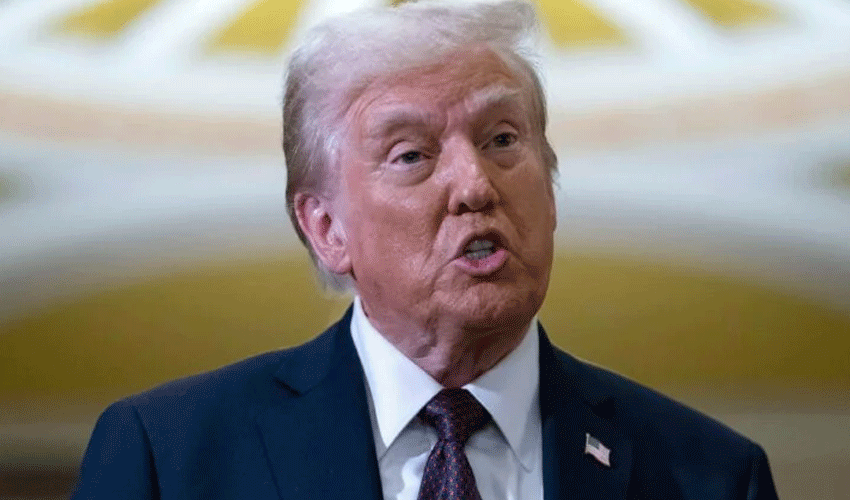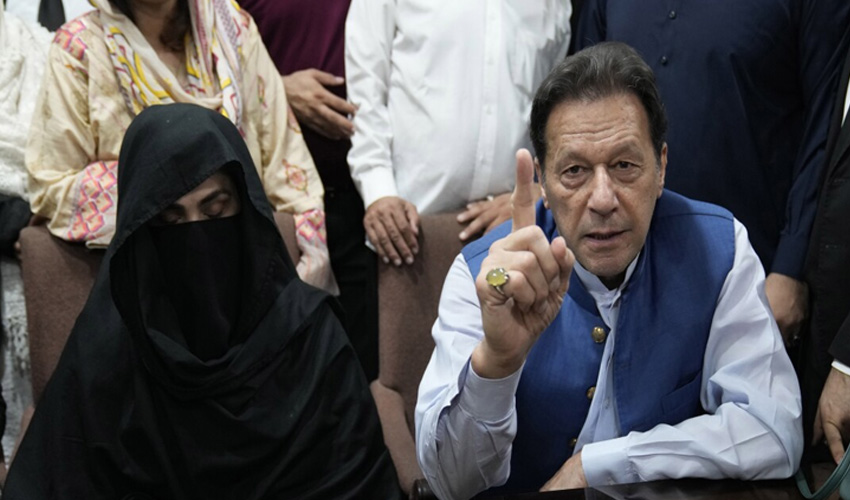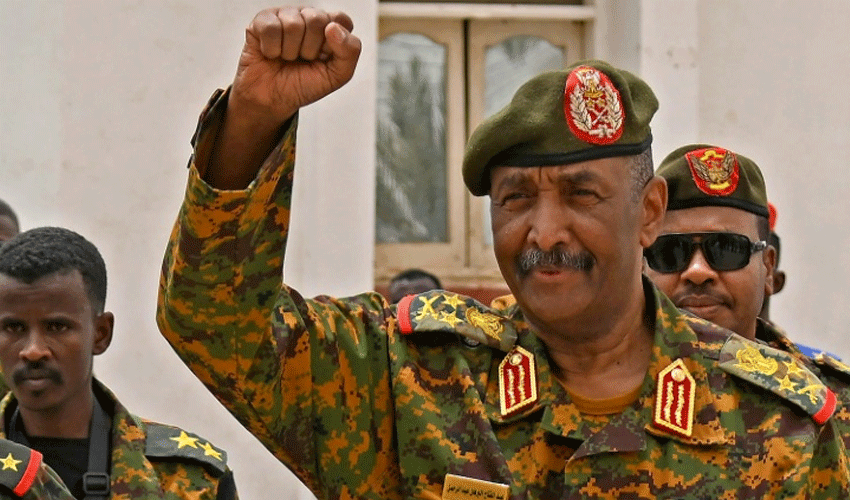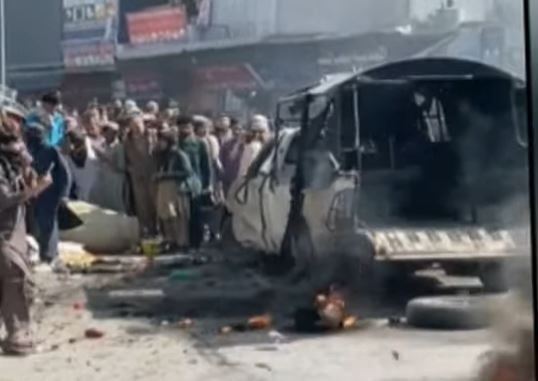Israeli government has issued a warning that Hamas must release three living captives by Saturday or Israel will resume military operations in Gaza.
Israeli government spokesman David Mencer stated that under the terms of the ongoing ceasefire, Hamas is obligated to release three hostages by Saturday noon. Failure to comply will result in the end of the ceasefire and a potential resumption of hostilities.
Meanwhile, Hamas has reaffirmed its commitment to releasing the captives as scheduled. Earlier this week, the group had postponed a captive-prisoner exchange, citing alleged Israeli violations of the ceasefire agreement.
United Nations experts have called on Israel to cease military actions in South Lebanon and fully withdraw its forces, in line with the ceasefire agreement that came into effect on November 27, 2024.
In a statement, UN officials expressed grave concerns over ongoing civilian casualties, reporting that 57 civilians have been killed and 260 properties destroyed despite the truce. The experts condemned the systematic destruction of housing and infrastructure and urged an immediate end to these violations of international law.
Israeli defense officials have indicated that military preparations are underway in case the ceasefire collapses. Reports suggest that Israel has been calling up reservists and canceling soldier leave, signaling possible large-scale operations.
Israeli Defense Minister Yoav Gallant has issued strong statements, warning that if the conflict resumes, it will be "intense" and "the gates of hell" will be opened.
Security analysts note that despite prolonged military operations, Israel has not succeeded in freeing all captives through force, raising doubts about the effectiveness of a renewed war. Families of hostages in Gaza have also expressed frustration, accusing Prime Minister Benjamin Netanyahu of undermining the ceasefire negotiations.
Efforts by international mediators have played a key role in preventing an immediate collapse of the ceasefire deal.
Muhanad Seloom, an assistant professor of critical security studies at the Doha Institute, believes that mediators have succeeded in maintaining temporary stability. However, he warned that the situation remains highly fragile, and Israel could alter its stance at any moment.
According to the initial ceasefire agreement, a second phase is expected to involve further hostage exchanges and discussions on a permanent ceasefire. However, no clear timeline has been provided for the next steps.



























